

Characterizing the interactions and stability of biomolecules
Calorimetry is the science of measuring heat changes from chemical reactions or physical events.
Calorimetry relies on the fact that all chemical reactions involve a change in energy, usually accompanied by heat release (exothermic) or absorption (endothermic). Microcalorimetry is an ultrasensitive development of the technique that measures very small heat changes in small sample volumes, making it suitable for biomaterials.
Microcalorimetry is used to study reactions involving biomolecules, including interactions between molecules and conformational changes such as protein folding. Applications range from confirming intended binding targets in small molecule drug discovery to the development of stable biotherapeutics.
These processes are often studied using two calorimetric techniques: Isothermal Titration Calorimetry (ITC) and Differential Scanning Calorimetry (DSC).
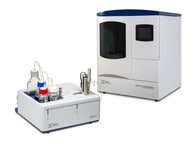
The "Gold Standard" for measuring binding affinity and stoichiometry
Isothermal Titration Calorimetry (ITC) is used to study the binding behavior of biomolecules. It is an essential tool for drug design and the study and regulation of protein interactions.
ITC directly measures the heat released or absorbed during a biomolecular binding event. This allows accurate determination of binding constants (KD), reaction stoichiometry (n), enthalpy (∆H), and entropy (ΔS).
ITC is used for:
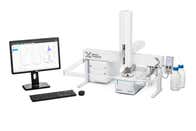
The "Gold Standard" for structural stability analysis of biotherapeutics, b...
Differential Scanning Calorimetry (DSC) is a technique for understanding the stability of proteins and other biomolecules. It has wide application in protein engineering, rational drug design and biopharmaceutical production, where developing stable proteins is a critical goal.
DSC is a key thermal analysis technique that measures heat changes that occur in the biomolecule during a controlled increase or decrease in temperature, making it possible to study materials in their native state.
DSC enables:
We offer the MicroCal PEAQ-ITC and MicroCal PEAQ-DSC microcalorimeters that have been manufactured since the 1970s. The Microcal range is the leading provider for life sciences and drug discovery & development.
Find out more about the Microcal product range below.
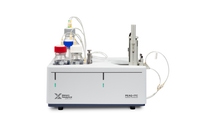
PEAQ-ITCThe Gold Standard for measuring affinity and stoichiometry |
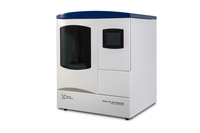
MicroCal PEAQ-ITC AutomatedFully automated, hands free ITC for increased productivity |
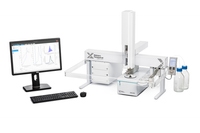
MicroCal PEAQ-DSC AutomatedGold standard protein stability analysis for the regulated environment |
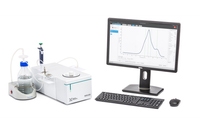
MicroCal PEAQ-DSCGold standard protein stability analysis for research applications |
|
|---|---|---|---|---|
| Technology | ||||
| Isothermal Titration Calorimetry (ITC) | ||||
| Differential Scanning Calorimetry (DSC) | ||||
| Sample throughput | Up to - 12per 8h day | Up to - 42per 24h day | Up to - 50per 24h day | Up to - 6per 8h day |